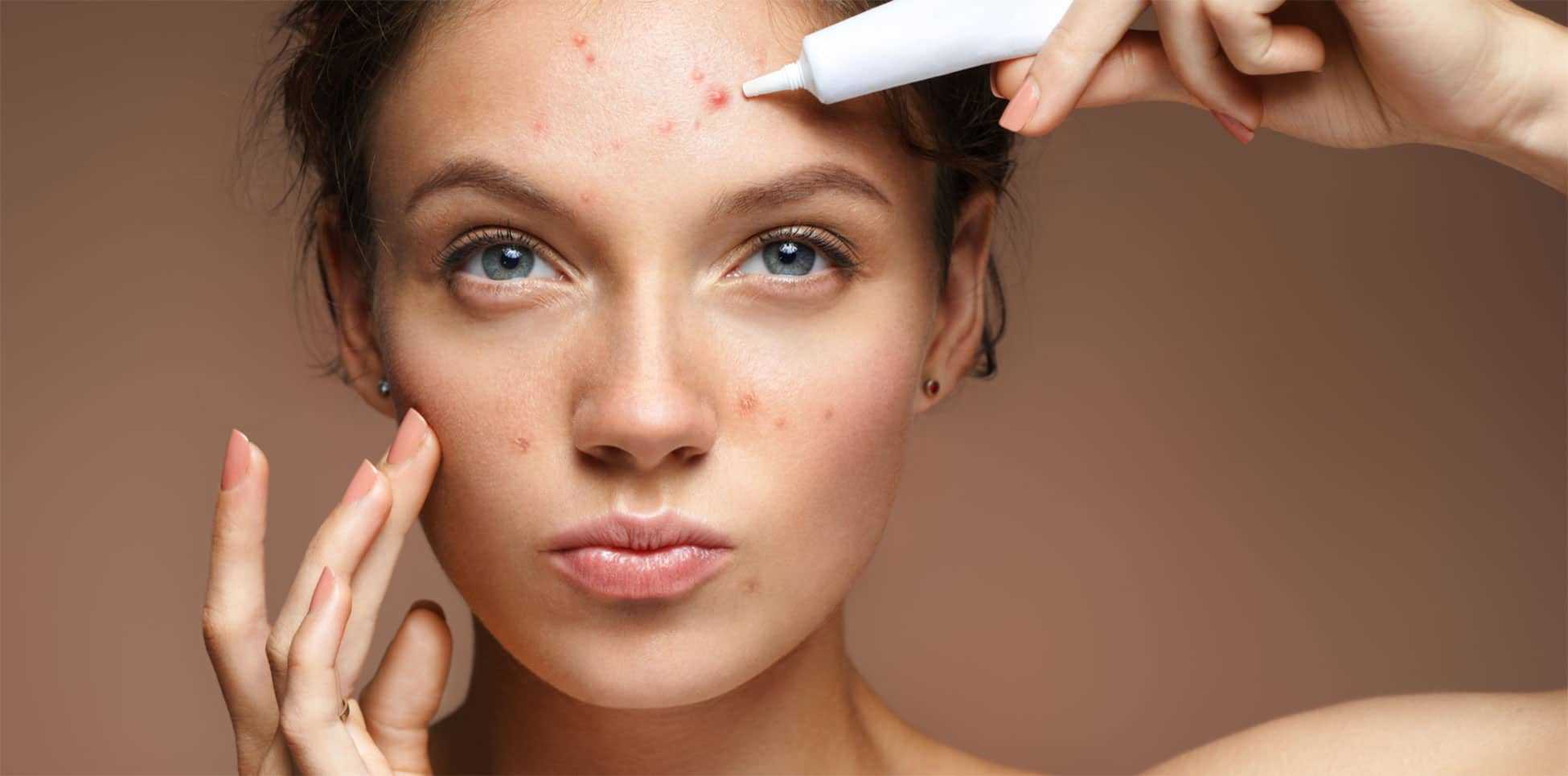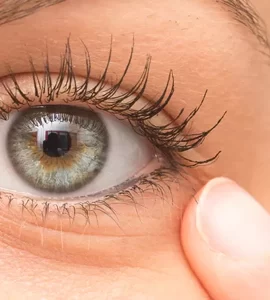
Acne Treatment: What Really Works?
 Posted On
Posted On Acne is a common skin condition that affects millions of people worldwide. While it’s often associated with teenagers, adults can also struggle with persistent breakouts. Finding an effective acne treatment can be challenging, but understanding the available options can help you make informed decisions about your skincare routine.
Understanding Acne
Before diving into treatments, it’s essential to understand what causes acne. Acne occurs when hair follicles become clogged with oil and dead skin cells. Factors contributing to acne include:
- Excess oil production
- Bacteria
- Hormonal changes
- Certain medications
- Diet
- Stress
Over-the-Counter Treatments
Many people find success with over-the-counter (OTC) acne treatments. These typically contain active ingredients such as:
Benzoyl Peroxide
Benzoyl peroxide works by killing acne-causing bacteria and removing excess oil and dead skin cells. It’s available in various strengths and formulations.
Salicylic Acid
This beta-hydroxy acid (BHA) helps unclog pores and reduce inflammation. It’s particularly effective for blackheads and whiteheads.
Retinoids
Topical retinoids like adapalene can help prevent clogged pores and promote cell turnover. They’re now available OTC in lower concentrations.
Prescription Treatments
For more severe or persistent acne, prescription treatments may be necessary. These can include:
Topical Antibiotics
Antibiotics like clindamycin or erythromycin can help reduce acne-causing bacteria on the skin.
Oral Medications
In some cases, oral antibiotics or hormonal treatments like birth control pills may be prescribed to manage acne from within.
Isotretinoin
For severe, cystic acne that doesn’t respond to other treatments, isotretinoin may be recommended under close medical supervision.
Advanced Treatments
For those seeking more advanced solutions, there are several options available:
Chemical Peels
Chemical peels can help exfoliate the skin and unclog pores, leading to clearer skin over time.
Light and Laser Therapy
Various light and laser treatments can target acne-causing bacteria and reduce inflammation. One such innovative treatment is the Clinique anti aging acne treatment, which uses laser technology to target sebaceous glands and reduce oil production.
Lifestyle Changes
In addition to topical and oral treatments, certain lifestyle changes can help improve acne:
- Maintain a consistent skincare routine
- Avoid touching your face frequently
- Clean items that come into contact with your skin (e.g., phone, pillowcase)
- Manage stress through exercise, meditation, or other relaxation techniques
- Stay hydrated and eat a balanced diet
Choosing the Right Treatment
Finding the most effective acne treatment often requires a combination of approaches and some trial and error. What works for one person may not work for another due to differences in skin type, acne severity, and underlying causes.
If over-the-counter treatments aren’t providing satisfactory results, or if you’re experiencing severe or cystic acne, it’s important to consult a dermatologist. They can provide personalized treatment plans and prescribe stronger medications if needed.
Remember that consistency is key when treating acne. Most treatments take several weeks to show significant improvement, so patience is essential. Additionally, it’s crucial to follow the instructions provided with any acne treatment to maximize its effectiveness and minimize potential side effects.
By understanding the various treatment options available and working closely with a skincare professional, you can develop an effective strategy to combat acne and achieve clearer, healthier-looking skin.






